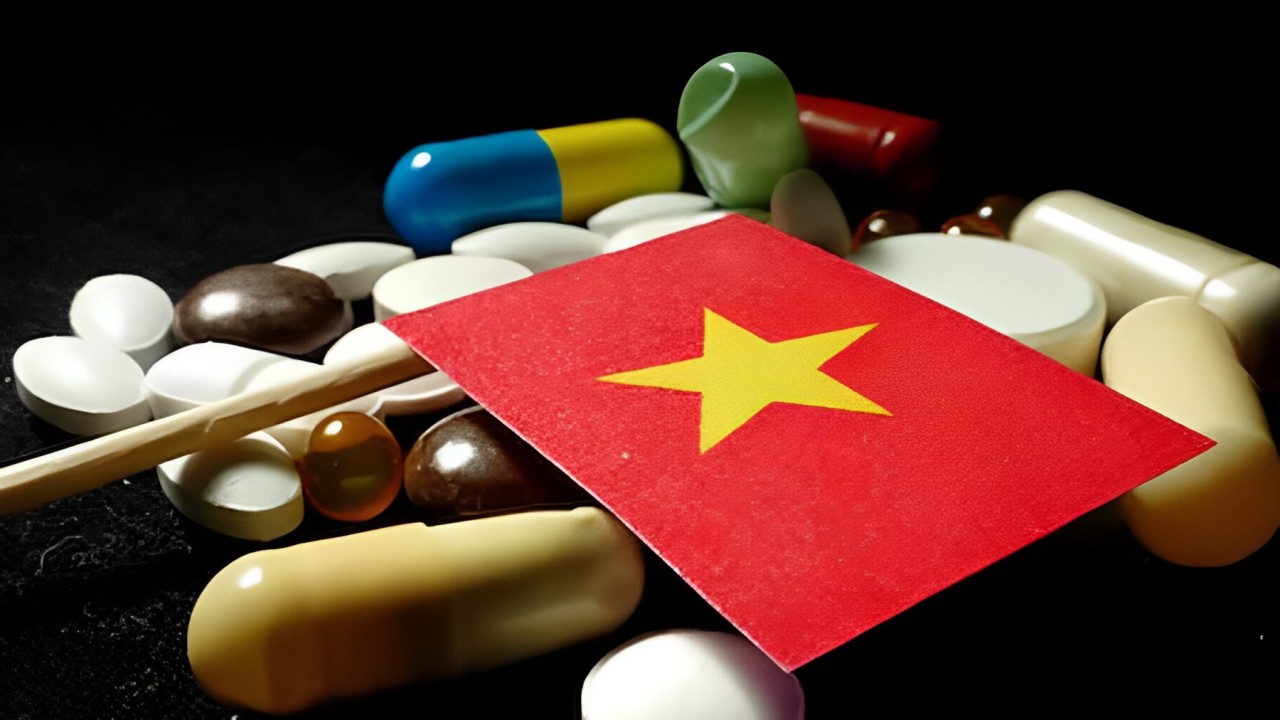Vietnam's Pharmaceutical Market Soars To $7 Billion, A New Healthcare Era Begins
Vietnam's $7B pharmaceutical market grows rapidly but faces infrastructure and financial challenges.
Breaking News
Aug 03, 2024
Mrudula Kulkarni

Vietnam's pharmaceutical market, valued at $7 billion,
grapples with challenges such as inadequate infrastructure and limited
financial capacity, industry insiders report. Over the past decade, the sector
has shown impressive growth, with a compound annual growth rate of 7.3%.
The Drug Administration of Vietnam under the Ministry of
Health revealed that the current market stands at about $7 billion, with per
capita drug consumption averaging $70—a tenfold increase since 2000, according
to Le Van Truyen, Chairman of the Ministry's Advisory Council for the Issuance
of the Certificate of Registration of Drugs-Medicinal Ingredients, during a
seminar in Hanoi on Wednesday.
Vietnam ranks among the nations with the highest market
value and fastest-growing pharmaceutical industry globally. The market value
climbed from $2.7 billion in 2015 to $5.1 billion in 2018, and $6.1 billion in
2020. According to the World Health Organization (WHO) classification,
Vietnam's pharmaceutical industry is at level 3, indicating a domestic industry
capable of producing generic drugs and exporting some pharmaceuticals.
Truyen said, "However, Vietnam's pharmaceutical
industry is facing many challenges and difficulties as the country increasingly
integrates into the global economy. Vietnam currently has only 17 out of 250
factories meeting the Advanced Good Manufacturing Practice (GMP), a WHO system
for ensuring that products are consistently produced and controlled according
to quality standards and more than 200 meet the GMP standards.
He further said, “Vietnam also lacks centralized
pharmaceutical-industrial zones with an ecosystem that includes: research and
development centers, bioavailability-bioequivalence testing facilities,
clinical trial facilities, testing facilities, pharmaceutical production
plants, packaging manufacturing plants, and related service centers
specifically for the pharmaceutical industry. In terms of financial capacity,
most domestic pharmaceutical companies are small-scale with low revenues, and
there are no large-scale national pharmaceutical corporations.”
Financial constraints are hindering new investments, and
digital transformation remains a daunting challenge for Vietnamese
pharmaceutical companies amid the ongoing 4.0 industrial revolution. At a
recent seminar, Vo Thi Tuan Anh, chairwoman of Hanoi-based Newtechco Group,
which specializes in drug production, pharmaceutical chemicals, and medicinal
materials, highlighted the notable progress in the healthcare sector,
emphasizing proactive efforts in securing pharmaceutical supplies and
equipment.
Nonetheless, rising market demand and the constant threat of
epidemics pose risks to supply chain stability. Additionally, escalating
transportation and supply costs are expected to create shortages in
pharmaceutical and medical equipment, driving up prices and significantly
impacting medical services. In response to these challenges, Truyen advocated
for robust investment policies in infrastructure and enhancements in the
production capacity of existing pharmaceutical factories.
Furthermore, he emphasized the need for preferential
policies to support pharmaceutical companies in establishing new factories,
particularly for the production of biological and biosimilar drugs. Vietnam's
pharmaceutical industry is regarded as a pivotal sector that demands focused
resources for substantial growth. By 2030, Vietnam aspires to become a leading
pharmaceutical manufacturing hub in the region, targeting $1 billion in
domestically produced drug exports.
